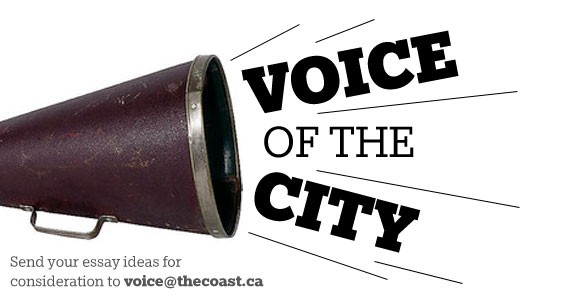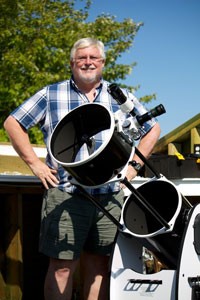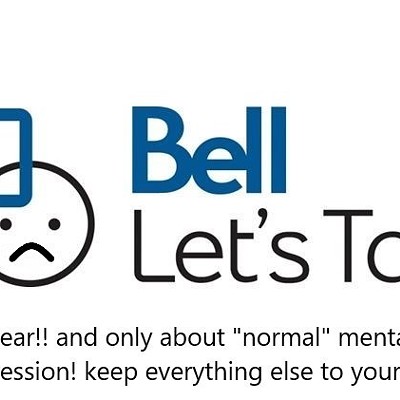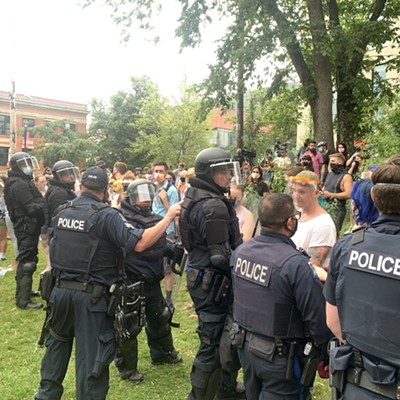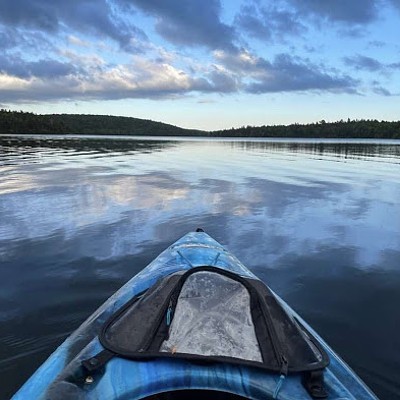I have been an avid stargazer since I was a boy. I learned the constellations, observed the Moon and Jupiter in my little telescope, and enjoyed the Milky Way (our galaxy) arcing overhead, with the occasional meteor shower to liven things up. But something has changed over 50 years: the Moon and planets seem OK, but the visible stars and meteors are fewer, the constellations more difficult to trace out, and the Milky Way is now lost in the milky grey of the urban sky---all because of light pollution. I am one of several Halifax sidewalk astronomers who sets up telescopes outdoors in front of coffee shops or along the waterfront boardwalk, to share views of the moon or Saturn's rings or the Galilean moons of Jupiter. Sometimes people ask "please show me the Big Dipper," or "I am a Gemini, can you show me my constellation?" Sadly, it has become almost impossible to pick out these details in city skies around the world.
Light pollution is a catch-all term for sky glow, glare and light trespass, all caused by irresponsible artificial lighting. Sky glow comes from overly bright and unshielded light fixtures that cast light upwards, which is then reflected back by particles in the air. Artificial sky glow is irresponsible, because that "uplight" does no good, is a waste and is costly.
Glare is bright light that leaves a light source and directly enters your eye without shedding light on anything en route. (if you can see the bulb, that is glare). Glare is irresponsible for the above reasons, plus it is unsafe: glare desensitizes the eye to natural ambient lighting, and hazards hide in the shadows. This is one of the hardest aspects of light pollution to convey, as the general (erroneous) view is "more light = better security." Anyone who has encountered an oncoming vehicle at night with those ultra-bright, blue-white headlights knows exactly what I am talking about.
Light trespass is casting light beyond reasonable boundaries. Sure, Car Dealer, cast light on your valuable cars all night long, but keep your photons to yourself, don't shine them into my bedroom window! Light trespass is irresponsible for the usual reasons, plus it is unhealthy: there is a growing body of scientific evidence that humans (not to mention animals) evolved in an environment with natural cycles of light and dark; moreover, we need these dark cycles to promote restful sleep for the minor healing and regular maintenance the body requires.
The remedy for light pollution is simple: turn off the lights when not needed, shield them properly and lower the level. Unlike most forms of pollution, which linger for years and may require costly cleanups, light pollution simply vanishes once the source is removed, and it saves money, not to mention the environmental benefit. It's that easy.
HRM residents are fortunate in one respect, as they live only two hours' drive from a world-class dark-sky preserve in Kejimkujik National Park and National Historic Site. The skies there are magnificent, you must go there at night (that is, when it opens Victoria Day weekend---don't get me started!). I was just one of the team of Parks Canada staff and Royal Astronomical Society of Canada volunteers that set up the DSP nearly three years ago. We did good work in establishing that natural resource as a dark-sky destination, a legacy for following generations.
But we can go further: my dream is to find an area in HRM for an urban star park (the RASC has guidelines for such places, and there is already one in Saint John and one in Victoria). HRM skies may never be as dark as Keji's, but they could be darker, and we could definitely reduce glare and light trespass. If we could find just one accessible, open place in HRM, in a community open to responsible lighting practices, I could someday show you the Big Dipper from the city, and maybe your personal constellation. We just need to turn the lights down low---not for a single hour on one night of the year---but forever.
Dave Chapman is a retired scientist, a life member of the Royal Astronomical Society of Canada, editor of the annual RASC Observer’s Handbook, Dave XVII of the “Royal” Astronomical Society of Daves and principal volunteer webmaster of astronomynovascotia.ca, your source of astronomical activities in Nova Scotia.
Send your essay ideas for consideration to [email protected]

